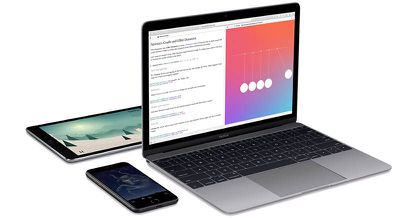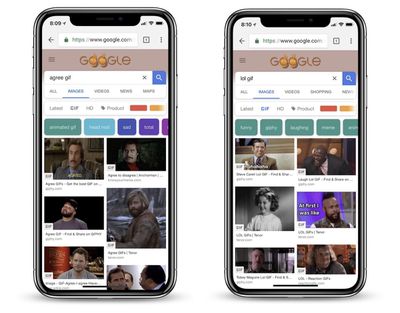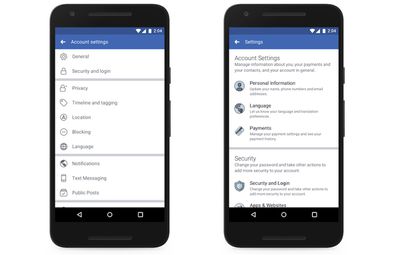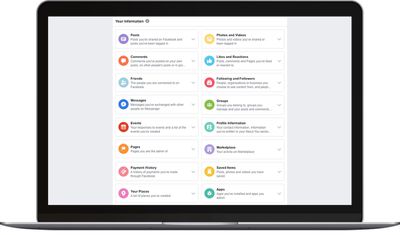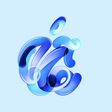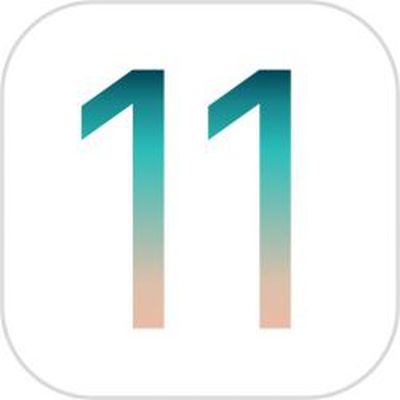 French developer Pierre Blazquez today shared what he claims are the final iOS 11.3 release notes, supposedly obtained from Apple's servers. His tweet contains images of the release notes in English for the United States.
French developer Pierre Blazquez today shared what he claims are the final iOS 11.3 release notes, supposedly obtained from Apple's servers. His tweet contains images of the release notes in English for the United States.
Apple blog Mac4Ever shared the release notes in French, which we've translated and embedded below in English.
While there aren't too many surprises, it's worth noting that Messages on iCloud is not listed, despite being enabled in the latest iOS 11.3 and macOS 10.13.4 betas. Apple did say the feature is included in the betas "for testing and evaluation purposes," so it was never entirely clear if it would be ready for the final release.
Here are the final Release Notes for iOS 11.3 😊 (English version, French version is on @Mac4ever!) #Apple #iOS #iPhone #iPad #Leak pic.twitter.com/ftGY3iBG9E — Pierre Blazquez (@pierre_blzqz) March 29, 2018
AirPlay 2 is also not listed, although the protocol was removed from the later beta versions of iOS 11.3 and tvOS 11.3. Messages on iCloud and AirPlay 2 were also not listed in macOS 10.13.4 release notes leaked last week.
Beyond that, the release notes seemingly confirm Apple's new Battery Health feature on iPhones will still be considered a beta feature in the iOS 11.3 public release, Advanced Mobile Location support where available, App Store review sorting, and improved charging management for always-plugged-in iPads.
As expected, there are also new accessibility features, a wide range of stability improvements and bug fixes, and other enhancements:
Augmented Reality
- ARKit 1.5 allows developers to place virtual objects on vertical surfaces like walls and doors in addition to horizontal surfaces
- Adds support for detecting and incorporating images like movie posters or artwork into AR experiences
- Supports a higher resolution real-world camera view when using AR experiences
iPhone Battery Health (Beta)
- Displays information on iPhone maximum battery capacity and peak performance capability
- Indicates if the performance management feature that dynamically manages maximum performance to prevent unexpected shutdowns is on and includes the option to disable it
- Recommends if a battery needs to be replaced
- For more information on batteries and performance, visit this website: https://support.apple.com/en-us/HT208387
iPad charge management
- Maintains battery status when the iPad is plugged in for extended periods of time, such as when used in a kiosk or point-of-sale system, or stored in a charging cart.
Animoji
- Four new Animoji available on the iPhone X: lion, bear, dragon and skull.
Privacy
- When an Apple feature asks to use your personal information, an icon now appears with a link to access detailed information about how your data will be used and protected.
Business Chat (Beta) — US Only
- Communicate with companies to easily ask questions, schedule appointments, and make purchases inside the built-in Messages app on iPhone and iPad
Health Records (Beta) — US Only
- Access health records and view lab results, immunizations, and more in a consolidated timeline in the Health app
Apple Music
- Provides a new experience in video clips, including a Revised Video Clips section featuring exclusive video playlists.
- Find friends with similar tastes through Apple Music's improved suggestions, which list the genres that the users and mutual friends follow.
News
- The main titles now always appear first in "For You."
- Watch the best videos selected by News editors.
App Store
- Four options now allow you to sort the customer reviews on the product pages: the most useful, the most favorable, the most critical or the most recent.
- The Updates tab now shows the version of the app and the size of the file.
Safari
- Promotes the protection of privacy by notifying usernames and passwords until they have been selected in a web form field.
- Presents warnings in the smart search field when the user interacts with password entry forms or credit card data on unencrypted web pages.
- Automatic filling of usernames and passwords is now available in apps' web views.
- By default, articles shared via Mail from Safari are now formatted using Reader mode, if the drive is available.
- In Favorites, folders now have icons for the bookmarks they contain.
Keyboards
- Adds two Shuangpin keyboard layouts.
- Supports connected physical keyboards using Turkish F layout.
- Improves Chinese and Japanese keyboards for better accessibility on devices with a 4.7-inch or 5.5-inch screen.
- Allows you to return to the keyboard with a simple touch after the dictation.
- Fixes a problem that could cause the capitalization of the first letter of some words by the automatic correction feature.
- Fixes an issue on the iPad Pro that prevented the iPad Smart Keyboard from working after connecting to a captive Wi-Fi hotspot.
- Fixes a problem that could cause undesirable activation of the digital layout on the Thai keyboard in landscape mode.
Accessibility
- The App Store now supports accessibility options "Bold Text" and "Large Font" for customizing the display.
- Smart Reversal now supports images on the web and in Mail messages.
- Enhances the RTT experience and supports RTT service for T-Mobile.
- Improves app selection on the iPad for VoiceOver users and selection control.
- Corrects a problem with the incorrect description of the Bluetooth status icon and the Bluetooth icon by VoiceOver.
- Fixes a problem that may prevent the end of call button from appearing in the Phone app when using VoiceOver.
- Fixes an issue preventing access to an app's built-in ranking with VoiceOver.
- Fixes a problem that may cause distorted audio playback when using real-time listening.
Other Enhancements and Fixes
- Supports AML technology, which provides more accurate location data to emergency services during an emergency call (in countries where this technology is available).
- Supports software authentication, which provides developers with a new way to create and activate HomeKit-compatible accessories.
- Podcasts now plays episodes with a single tap, and you can tap Details to learn more about each one.
- Improves search performance for users with long notes in Contacts.
- Improves the performance of Handoff and the universal clipboard when both devices are connected to the same Wi-Fi network.
- Fixes a problem that may prevent incoming calls from activating the screen.
- Fixes a problem that may prevent or prevent voicemail playback.
- Fixes an issue that prevents opening a web link in Messages.
- Fixes a problem that may prevent users from returning to Mail after previewing an attachment to a message.
- Fixes a problem that could cause the deleted screen to reappear on the locked screen.
- Fixes a problem that can cause the time and notifications to disappear on the locked screen.
- Fixes an issue that prevents parents from using Face ID for approving purchase authorization requests.
- Fixes a problem that could prevent updating of the current weather conditions in Weather.
- Fixes a problem that could prevent the synchronization of contacts with a vehicle directory when connected via Bluetooth.
- Fixes a problem that may prevent an audio app from playing content in a vehicle while it was in the background.
iOS 11.3 remains in beta testing, but a public release appears to be imminent, as the software update was seeded for the new iPad yesterday.
Apple recently confirmed that there will be an iOS 11.4 software update, perhaps including Messages on iCloud and AirPlay 2.


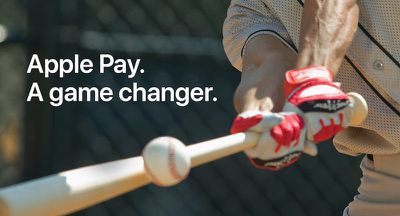
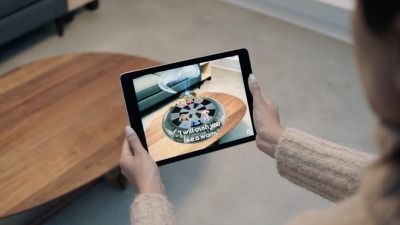
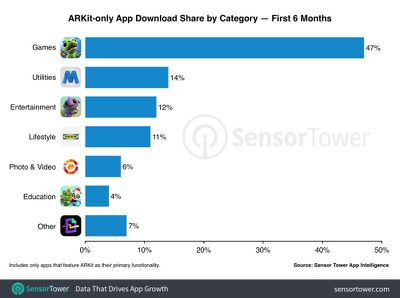
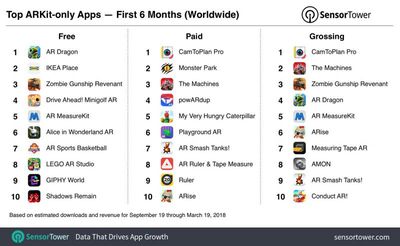
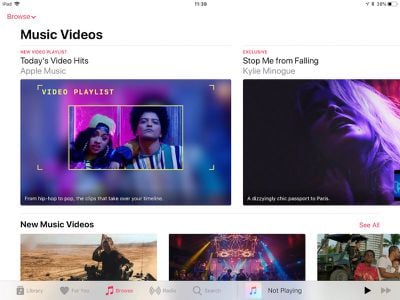
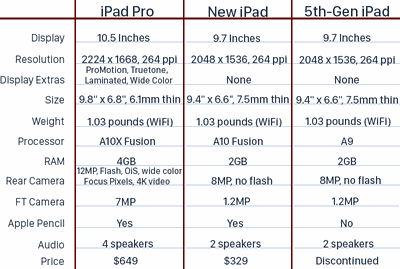
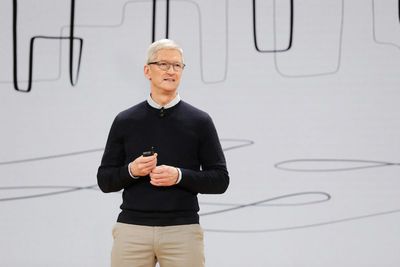
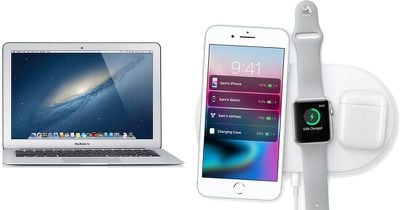
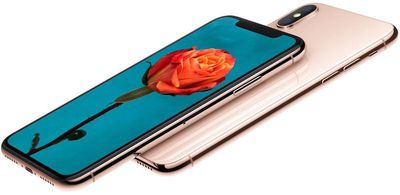

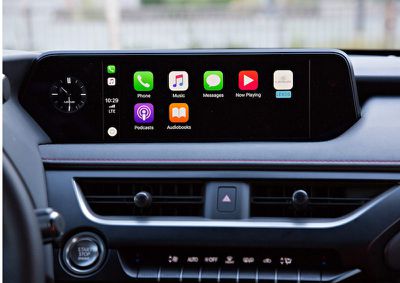
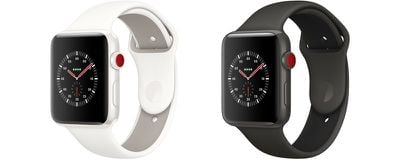
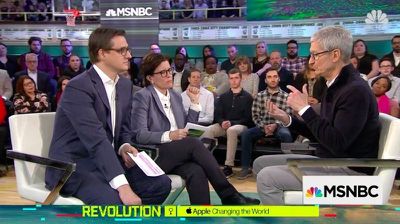
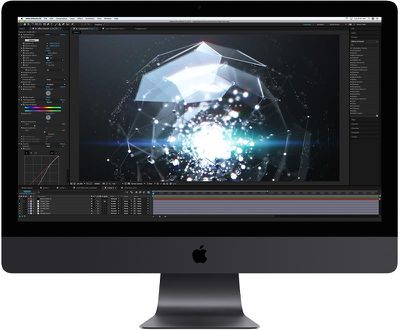

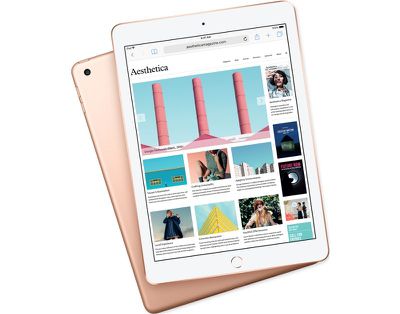
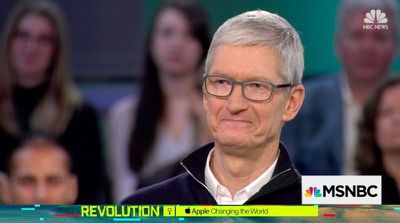
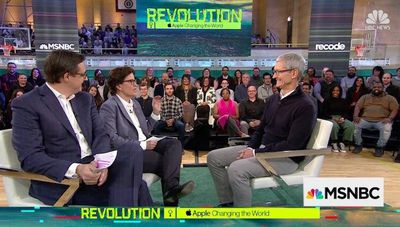
 Note: MacRumors is an affiliate partner with Best Buy. When you click a link and make a purchase, we may receive a small payment, which helps us keep the site running.
Note: MacRumors is an affiliate partner with Best Buy. When you click a link and make a purchase, we may receive a small payment, which helps us keep the site running.